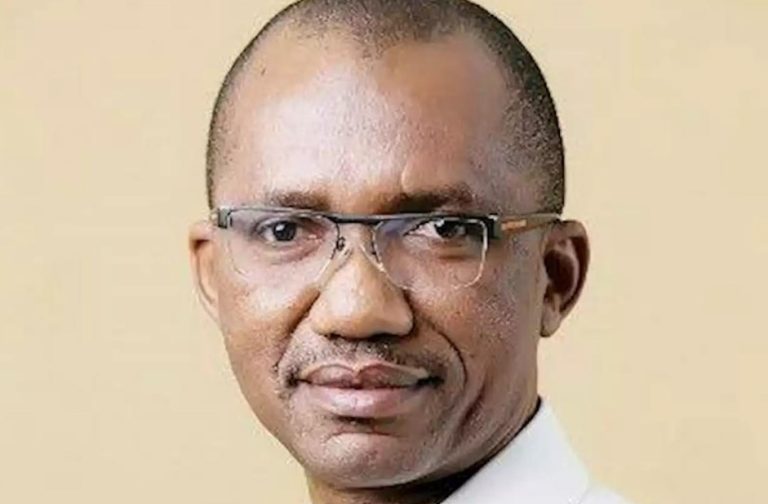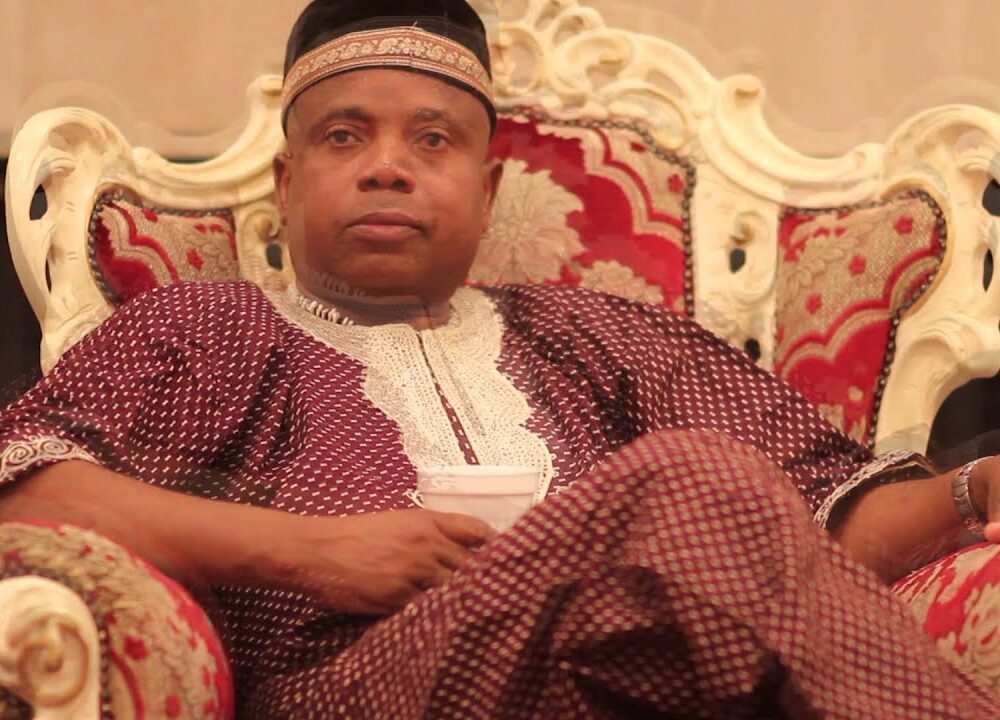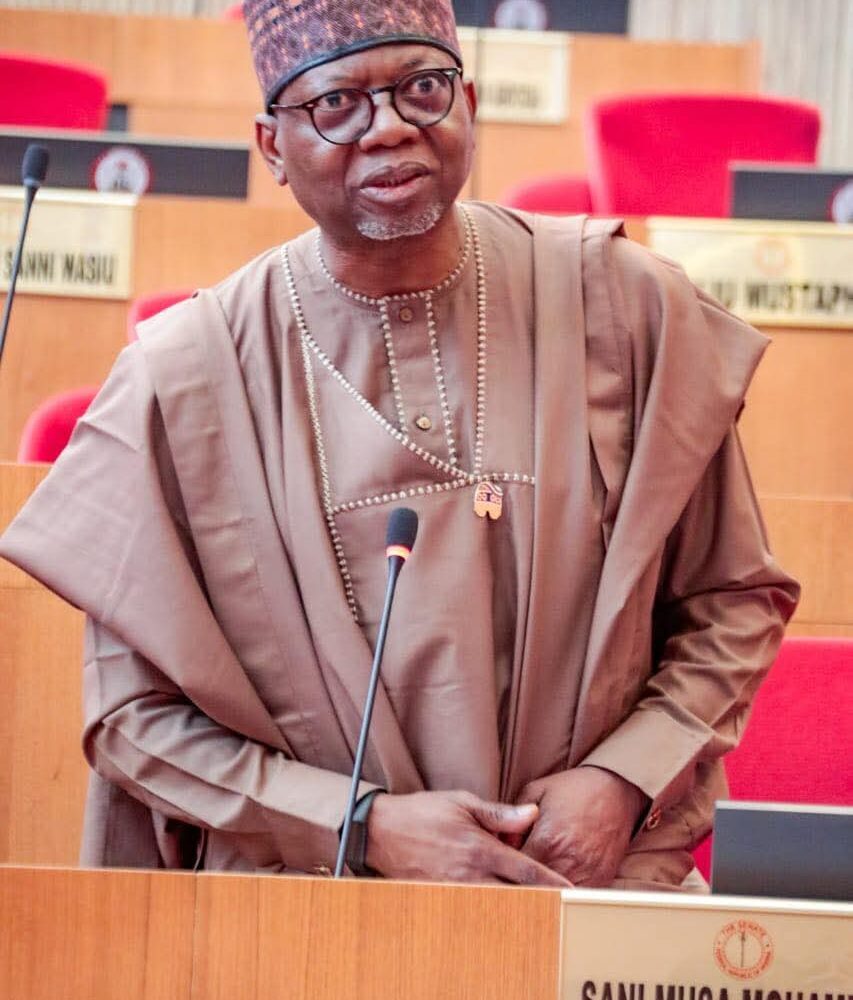He was a young freelance journalist when his father asked him the question. Even if he had lived to see his son syndicated globally by some of the world’s most prestigious newspapers and magazines, I’m not sure he would have retracted it: When will you get a proper job?
Jonathan Power is now 83 and arguably one of Europe’s most widely published columnists. Yet, his father didn’t consider journalism a “proper job.” Instead, he saw it as a mere keyhole through which one views serious professions like engineering or medicine. That was likely why he supported his son’s study of agricultural economics—only for him to go astray.
More than a betrayal
I’ve known Jonathan Power for over 25 years, but I met him again in his new book When Are You Going to Get a Proper Job? It’s a chronicle of his 60 years in journalism, revealing why he once told me I’d be better off as a plumber than hoping to make money from syndicated writing.
Power’s 227-page autobiography, published by Noema in 2024, isn’t just about defying his father’s wishes. It explores relationships, love, travel, religion, and faith in human goodness. The book divides his life into three main parts: his personal relationships, his experiences as a foreign correspondent and human rights advocate, and his search for meaning.
The heart is not smart
Power is a passionate husband and father but an unlucky lover. His account of love and marriage reminds one of how unresolved issues can undermine even the best intentions, leaving scars that don’t fade.
I started reading from Chapter 4, My Long-time Friend, Nigeria’s Big Man, before returning to Chapter 1, I and Me, which delves into love. “If only I had been more lucky, wise, sensible…” Power writes. “I never found the clarity of mind, the right sound, or the perfect female. I died with no money in the bank.”
The women in his life
Two women dominate Power’s early love story: Anne and Mary Jane. He met Anne while working on Martin Luther King’s staff, and Mary, a stewardess, on a plane. Anne was his philosophical soulmate; Mary was the passionate counterpart missing in Anne.
After three children with Anne and one with Mary, both relationships ended bitterly. In his earlier novel, The Human Flow, he quotes Chimamanda Adichie: “You don’t fall in love. You climb up to love.” Power climbed—but fell badly.
Man on the road
The book is more than a failed love story. Power’s travel diary offers fascinating insights into his encounters in Tanzania, Nigeria, Brazil, Guatemala, and India. Curiosity and a desire for truth took him on these journeys, often at significant personal risk.
Journalism may not have discovered the law of gravity or split the atom, but this “improper job” has changed history. Imagine a world without Carl Bernstein and Bob Woodward exposing Watergate or Oriana Fallaci confronting the Shah of Iran.
Walking a tightrope
Power writes about his relationships with world leaders, particularly former Tanzanian President Julius Nyerere and former Nigerian President Olusegun Obasanjo. His dynamic with Obasanjo was especially intriguing—stroking his ego while asking testy questions on issues like human rights abuses.
Despite Obasanjo’s contradictions—charming yet brash—Power managed to tease him about oil money misuse and even compliment his wife’s appearance without repercussions. Perhaps this was because, years earlier, he had spoken to German Chancellor Helmut Schmidt on Obasanjo’s behalf when he was jailed by Sani Abacha.
The spirit of Martin Luther King
Power’s early work with Martin Luther King instilled in him values of peaceful resistance, justice, and equality—principles that shaped his journalism and activism. His views on U.S.-Russia relations, often repeated, are also rooted in his belief in fairness.
A chastened life
These ideals even influenced his personal choices, such as opting for a peaceful breakup with Anne over a bitter divorce. The book closes as it began—with existential questions about love, life, and meaning.
If the world was Power’s oyster, this book is the reader’s shucker. Its unpretentiousness and light touch in exploring life’s complexities make it worth reading again.
*Ishiekwene is the Editor-in-Chief of LEADERSHIP and author of Writing for Media and Monetising It.





